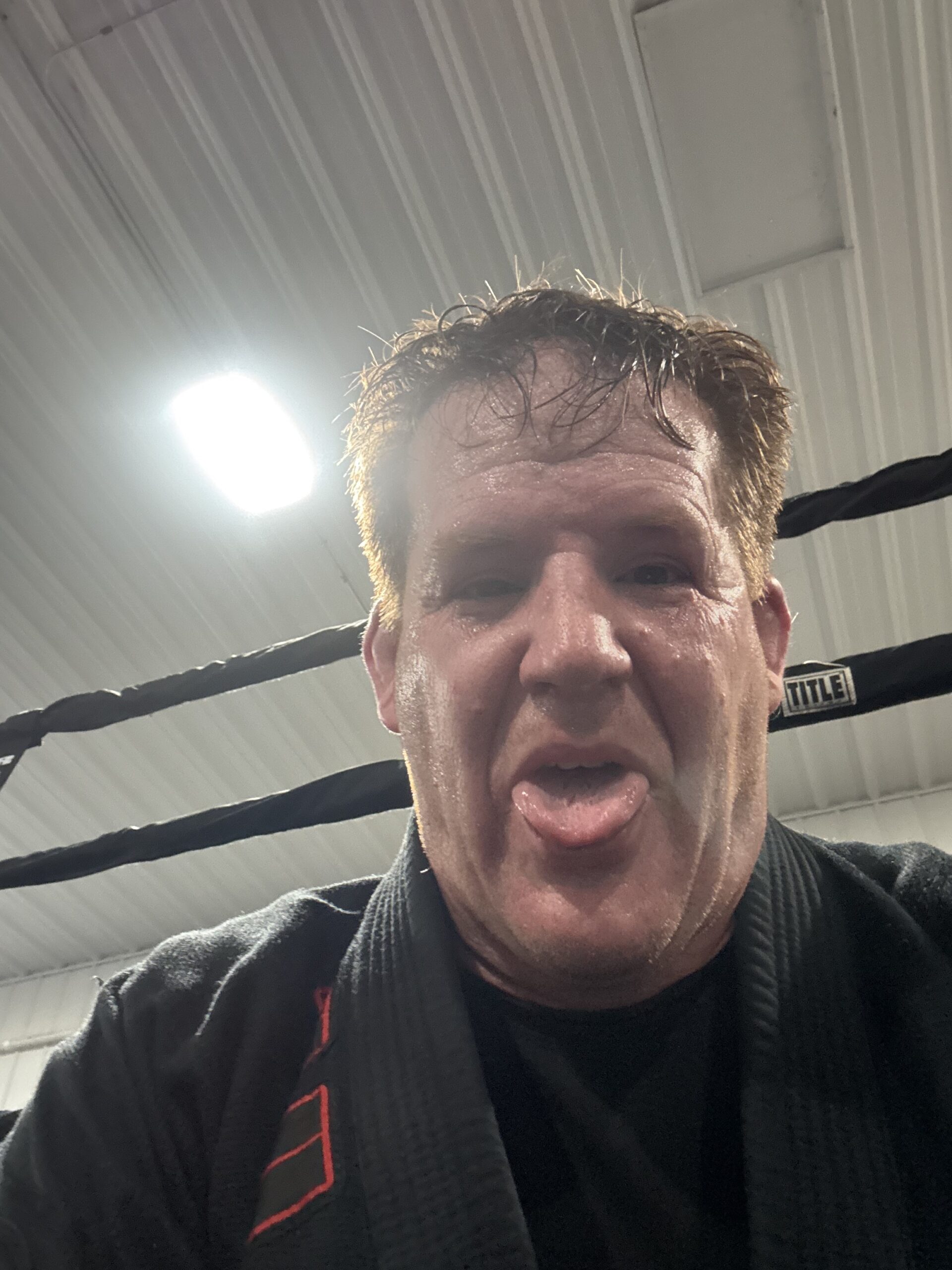
What you do after a Jiu Jitsu session matters just as much as what you do on the mat.
Whether it’s a hard sparring round, a technical drilling session, or a tough competition prep class, recovery is where the real growth happens. Your muscles repair, your nervous system resets, and your body adapts to become stronger and more efficient.
Skipping recovery leads to soreness, burnout, and poor performance. Here’s what to do after training to keep your body primed and ready for your next roll.
Fuel Your Body for Recovery
1. Refuel with the Right Snack
After a tough Jiu Jitsu class, your glycogen stores are depleted and your muscles are hungry for repair. Eat a balanced snack within 30–60 minutes. Aim for lean protein, complex carbs, and a bit of healthy fat—think a protein shake with fruit and peanut butter, or grilled chicken with sweet potato.
2. Space Out Your Protein
Don’t cram all your protein into one meal. Spread it across the day—eggs or tofu in the morning, a protein-rich lunch, and a light evening snack like Greek yogurt or a scoop of collagen in almond milk. This keeps muscle protein synthesis active throughout the day.
3. Replenish Electrolytes—Especially Potassium
After sweating through rounds of rolling, your body loses key minerals like potassium. Rebuild with foods like bananas, spinach, potatoes, and avocados to support muscle function and prevent cramping.
4. Boost Your Vitamin D
Low Vitamin D levels can slow recovery and increase injury risk. Fortified foods, dairy, and 10–15 minutes of sun exposure daily help support immune and muscular health—especially important for Masters-level athletes.
5. Stay Hydrated
Even mild dehydration impairs muscle recovery and focus. Water is usually enough post-training, but for long no-gi sessions or hard conditioning days, consider adding electrolytes. Sip consistently throughout the day—don’t try to make it up all at once.
Movement-Based Recovery After Rolling
1. Don’t Skip the Cool Down
When class ends, your recovery begins. Spend 5–10 minutes with controlled breathing, light movement, or positional drilling at low intensity to help your heart rate return to baseline.
2. Stretch with Purpose
Target common tight spots for grapplers—hips, shoulders, neck, and hamstrings. A quick stretching session post-roll can reduce soreness and improve your mobility over time.
3. Use Active Recovery Days
If you’re training multiple times a week, schedule at least one active recovery day. Go for a walk, do a mobility flow, swim, or try a restorative yoga class. Staying gently active promotes blood flow and speeds recovery.
4. Ramp Up Intensity Gradually
In Jiu Jitsu, it’s tempting to go all-in every session—but that’s where overtraining and injuries live. Stick to a 10% rule: increase your training volume or intensity gradually each week to allow your body to adapt without burning out.
Advanced Recovery Strategies for Grapplers
1. Sleep Like It’s Part of Your Training
Recovery happens when you’re off the mat—and most of it occurs during sleep. Aim for 7–9 hours nightly. A consistent bedtime routine (and reducing screen time before bed) helps improve quality sleep and recovery.
2. Manage Stress Off the Mat
Work, family, competition pressure—it all adds up. Chronic stress raises inflammation and wrecks recovery. Deep breathing, mindfulness, and even a few quiet minutes of solitude can make a big difference.
3. Try Foam Rolling or Self-Massage
Foam rollers, massage guns, or lacrosse balls can be used on tight fascia and sore muscles post-training. Just a few minutes can ease tension in areas like the traps, lower back, glutes, and calves.
4. Use Heat or Cold for Sore Muscles
Contrast showers, hot baths, or ice packs—choose what works for you. Many grapplers alternate cold and hot water post-training to reduce soreness and promote circulation.
5. Wear Compression Gear
Compression sleeves or leggings can support blood flow and reduce post-training inflammation. They’re a great addition to your recovery toolbox, especially after intense sparring or tournaments.
6. Know When to Get Checked Out
A little soreness is part of the game, but sharp, persistent pain isn’t. Natural options like turmeric, ginger, or magnesium may help mild soreness. But if something feels off, don’t wait—get it evaluated.
Final Thought
Recovery isn’t optional—it’s a performance tool.
Train hard, recover harder. The time you spend taking care of your body after Jiu Jitsu is what allows you to keep showing up strong, rolling smart, and performing at your best.
You’re not just a grappler—you’re an athlete. Treat your recovery like it matters.